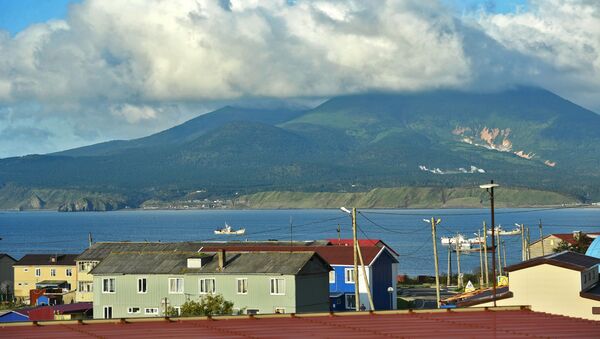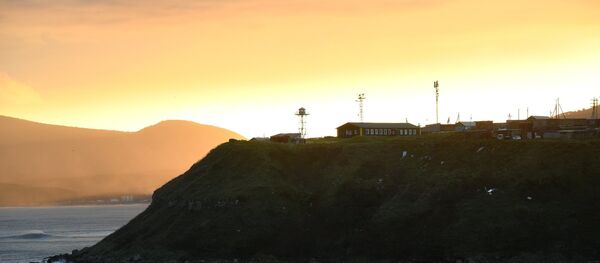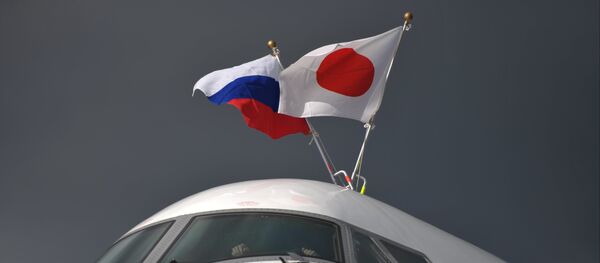"Russia is a pioneer in this respect. Never before has anyone anywhere in the world reached an agreement on joint economic activities on disputed territories," the analyst said.
The deal was reached during the visit of Russian President Vladimir Putin to Japan on December 15-16, 2016.
Other cases in point include the Liancourt Rocks, which South Korea refers to as Dokdo or Tokto and Japan calls Takeshima. Seoul controls the two islets and 35 smaller rocks located in the Sea of Japan in an area said to be rich in fish and natural gas. Japan claims the islands as its own.
The analyst also mentioned Gibraltar and the Falkland Islands, both British Overseas Territories. The former has been a major point of contention in the United Kingdom's relations with Spain, while the latter has been at the heart of a dispute between Great Britain and Argentina.
"As a result, Russia and Japan will be ahead of the curve should they succeed in launching joint economic projects in the Kuril Islands," Kistanov said.
"If we move forward [with the deal], wouldn't we partially give up our sovereignty over these islands? Perhaps, this is what Japanese Prime Minister Shinzo Abe is counting on," he said. "I've seen reports saying that Southern Kuril Islands and the island of Iturup should be linked with Hokkaido [the northernmost of Japan's main islands] not only via maritime, but also aerial routes so that it would be easier for the Japanese to get there. This gives rise to a question of whether this will be considered an international flight. Otherwise, would it be treated as a Russian or a Japanese domestic flight?"
Vitaly Shvydko, who heads the Japanese studies section at the Institute of World Economy and International Relations of the Russian Academy of Sciences, said that Japan has been divided over Abe's approach to the issue.
"Some experts in Japan say that [his strategy] delays the resolution of the territorial dispute. Others have spoken in favor of fostering an atmosphere of trust with Russia. There are those who urge to freeze the issue and leave it to future generations," he said. "It is natural that there optimists and pessimists. The coming months will show whether there is progress with regard to cooperation on the Southern Kuril Islands or not. At the moment both parties have to focus on reaching an concensus on numerous legal issues."
Russia and Japan have been locked in a dispute over the Kuril Islands since the end of World War II.
Never miss a story again — sign up to our Telegram channel and we'll keep you up to speed!





